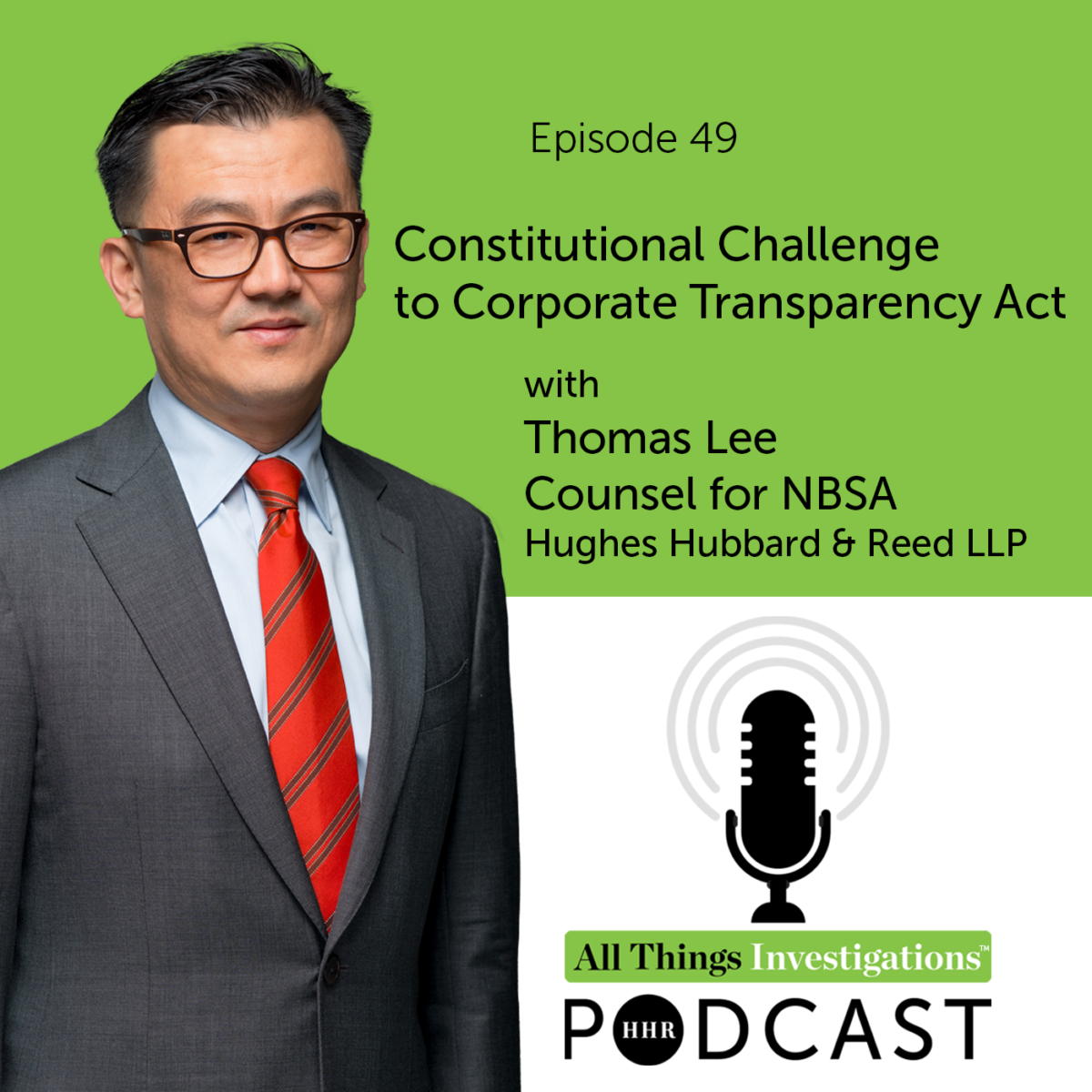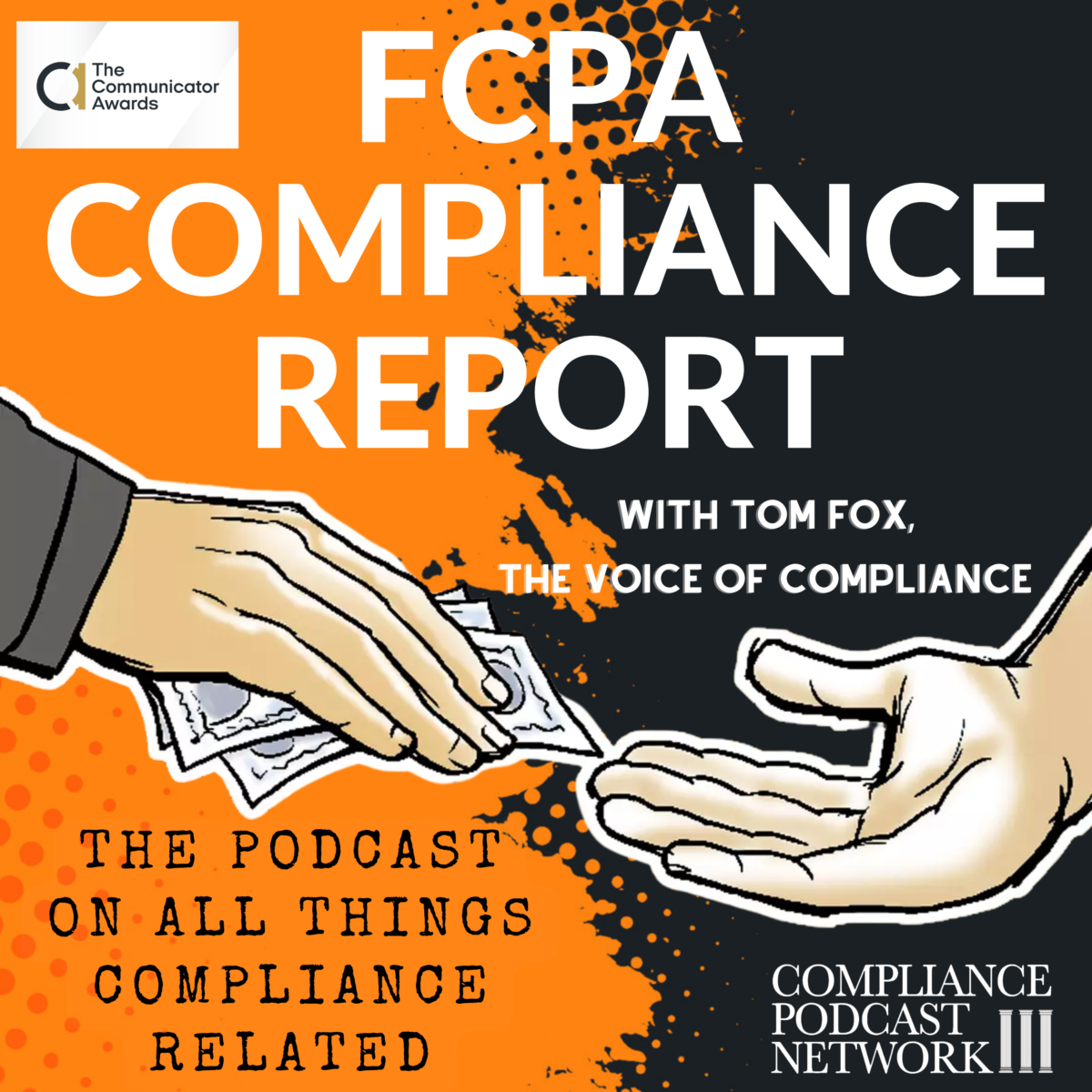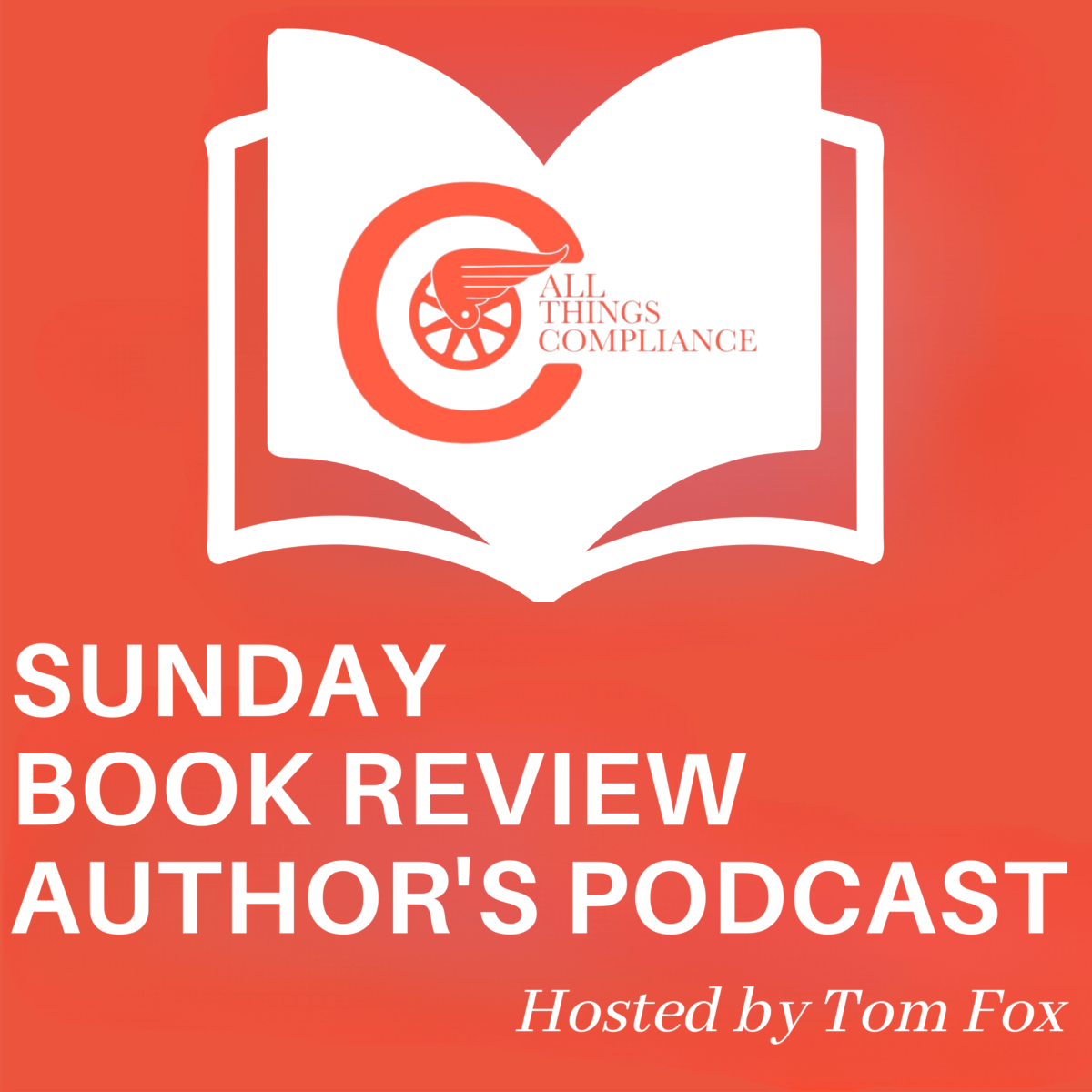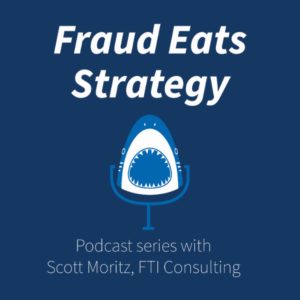Welcome to the Hughes Hubbard Anti-Corruption & Internal Investigations Practice Group’s podcast, All Things Investigation.
In this podcast, we’re joined by Hughes Hubbard Special Counsel, Thomas Lee, to discuss the recent decision declaring unconstitutional the Corporate Transparency Act (CTA) in the case of NSBA vs. Yellen.
Thomas Lee specializes in appellate law and constitutional issues. With nearly a decade of tenure at the firm and an impressive 21 years of teaching constitutional law at Fordham Law School, Lee is highly respected in his field. Lee and the Hughes Hubbard team brought the lawsuit on behalf of the National Small Business Association, arguing the CTA was a constitutional overreach as it mandated the reporting of beneficial ownership data to combat money laundering and criminal activities.
The constitutional claims included no Congressional authority for this regulation, privacy concerns, and the lack of a foreign treaty ratified by Congress requiring the law. Drawing from his extensive background in constitutional law, they successfully argued that this federal regulation challenges traditional state regulation of entity formation and exceeds governmental power.
This decision in the National Small Business Association case is a landmark case that has now been appealed to the 11th Circuit Court of Appeals and appears headed to the US Supreme Court.
Key Highlights:
- Beneficial Ownership Reporting Requirements for Entities
- Constitutional Challenges in Corporate Transparency Legislation
- Court Proceedings of the Corporate Transparency Act
- Efficient Negotiations and Potential Supreme Court Involvement
Resources:
Hughes Hubbard & Reed website











